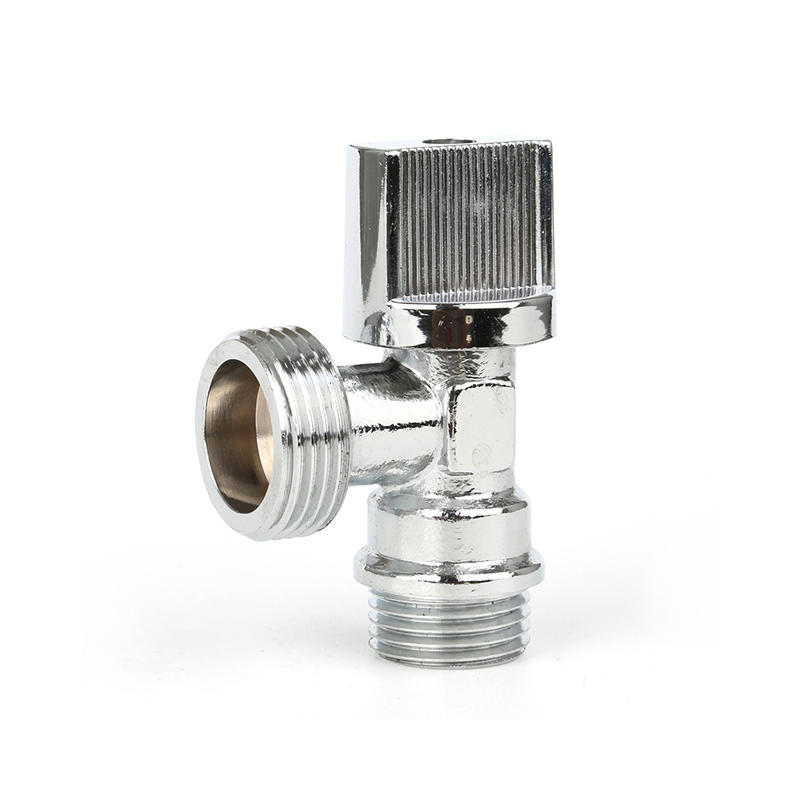Angle valves are an indispensable component in water supply networks, serving as the cornerstone of an efficient and reliable system. These valves are designed to control the flow of water within piping systems, ensuring smooth operation and preventing potential leaks. With their unique features and advantages, angle valves play a significant role in maintaining water supply networks.
One of the primary purposes of angle valves is to regulate the flow of water. By utilizing a 90-degree bend, angle valves allow for an easy and convenient shut-off function. This characteristic is particularly important in situations where immediate water flow control is required, such as emergencies or repairs. The ability to quickly stop the water flow helps prevent water wastage and potential damage, ensuring a reliable supply network.
Angle valves also contribute to the reliability of water supply networks through their exceptional durability. These valves are typically made from high-quality materials, such as brass or stainless steel, which offer excellent resistance against corrosion and wear. As a result, angle valves can withstand the harsh conditions often found in water supply systems, including high pressures and frequent usage. The durability of angle valves ensures long-term performance and reduces the need for frequent replacements or repairs, consequently a more reliable network.
Furthermore, angle valves play a crucial role in directing the flow of water within a system. They provide the flexibility to divert water to different areas as needed, allowing for effective management and distribution. For instance, angle valves can be used to control the flow of water between main supply lines and various branches, enabling efficient water delivery to different parts of a building or multiple households. This control helps to maximize the utilization of water resources and ensures equal distribution among consumers.
Another advantage of angle valves is their versatility in connection options. These valves feature threaded connections, which make them compatible with a wide range of pipes and fittings. This adaptability allows for easy integration into different types of water supply systems, whether they are made of copper, PVC, or other materials. Angle valves can also be equipped with compression fittings or soldered connections as required, providing further flexibility in installation. The ability to seamlessly connect angle valves to various plumbing components contributes to the overall reliability and functionality of water supply networks.
In addition to their functional benefits, angle valves offer advantages in terms of maintenance and accessibility. The design of these valves allows for easy servicing and repairs, minimizing downtime and disruptions in water supply. In the event of a leak or malfunction, angle valves can be easily accessed and replaced without requiring extensive dismantling of the entire system. This accessibility enhances the efficiency of maintenance operations and contributes to the overall reliability of water supply networks.
In conclusion, angle valves represent the cornerstone of reliable water supply networks. With their ability to regulate flow, durability, flexibility in directing water, versatility in connection options, and ease of maintenance, angle valves ensure the smooth and efficient operation of water distribution systems. Their presence and proper functioning are vital in preventing water wastage, reducing damages, and ensuring equal delivery of water to consumers. Angle valves truly play a crucial role and are an essential component in maintaining the reliability of water supply networks.

 English
English русский
русский Deutsch
Deutsch












